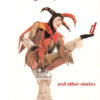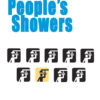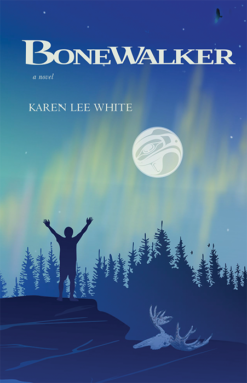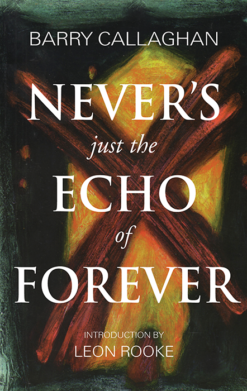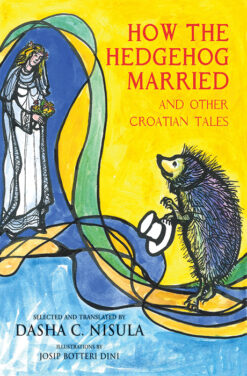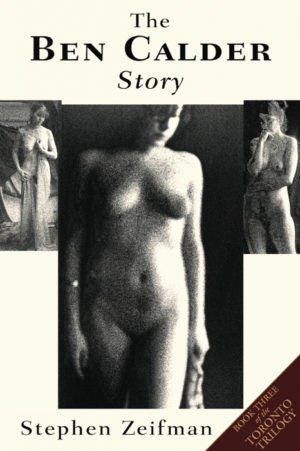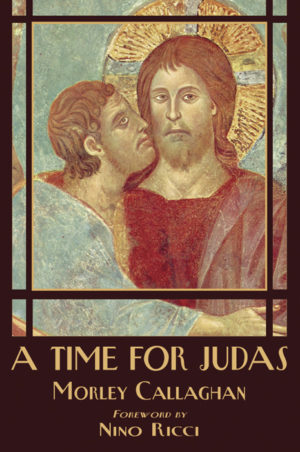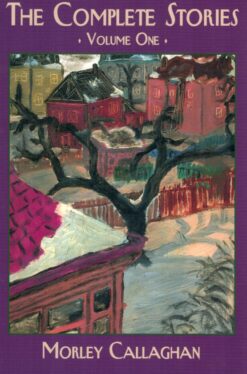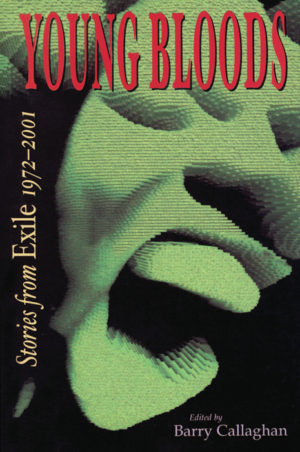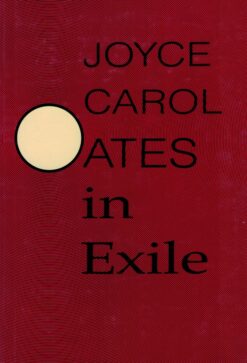A Friday In August
$19.95
[quote style=”boxed”]D’Alfonso’s style becomes more straightforward and engaging. Many of these thoughts are intriguing (for instance, Notte consoles himself by imagining he is like a novel no reader bothers to read) and Notte’s anxieties are very real and wellrendered. D’Alfonoso assuredly has talent.” —Matt Schmidt, Partners Magazine[/quote]
A filmmaker who makes documentaries on hit-men, Fabrizio Notte is invited to show his latest piece, a work of fiction, at a film festival in Montreal. The reviews have been mixed and his family is in trouble. What’s happened? Has he sold out? Is he a loser? An imposter? The trip to his hometown also serves as a pretext for an existential pilgrimage towards love and belonging. His search leads him, on a Friday in August, back through time, through this vast, moving landscape that is memory, to his first love and, ultimately, to himself.
In its baroque, multi-layered style tinted with both lyricism and humour, Antonio D’Alfonso, like his character, pursues this quest in an authentic language, rooted in the sources of real life and in the universal search for meaning that makes us human.
Poet, essayist, independent filmmaker, Antonio D’Alfonso is the founder of Guernica Editions. He has published several collections of poetry, including Comment ça se passe, which was short-listed for the Trillium Award. Originally published as Un vendredi du mois d’août, it (A Friday in August) was given the Trillium Award, and it is the second volume of a trilogy that began with the critically-acclaimed novel Avril ou l’anti-passion (Fabrizio’s Passion), published in 1990.
Antonio D’Alfonso was born in Montreal, on August 6, 1953. He studied at Loyola College from 1970 to 1975, where he got his B.A. in Communication Arts. Later on, he went to Université de Montréal to complete his M.Sc. in Communication Studies, specializing in Semiology; his thesis was on Mouchette, a film by Robert Bresson. In 1978, he founded Guernica Editions, where he edited over one hundred books by authors from around the world. An author himself, he has published a number of books in French and English. He also worked as a literary critic in numerous magazines across Canada, in both English and French. He has produced three short films, and has collaborated either as scriptwriter, camera person, or as editor on other films. He has regularly given conferences on questions of literature, film, and multiculturalism in Canada, in the U.S.A., and in Europe.
Related products
Fiction
Fiction
Fiction
Fiction
Fiction
Fiction
Fiction



